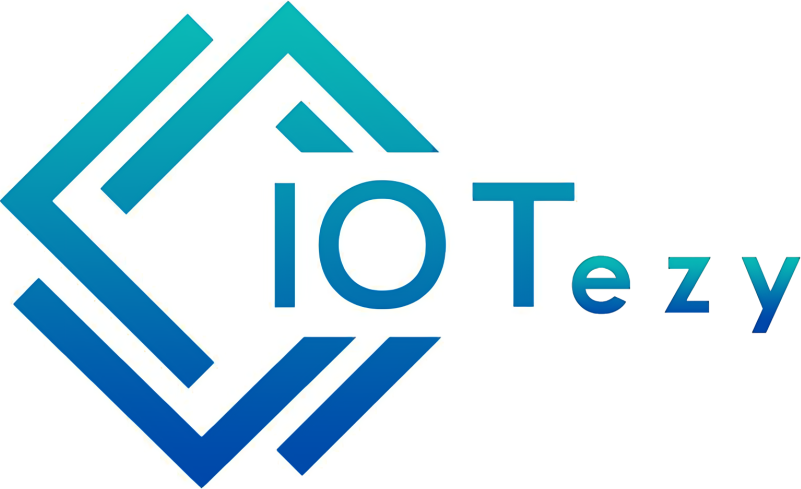How to Choose the Right Temperature Data Logger for Your Business in Singapore
If your business relies on keeping products at a consistent temperature—whether it’s vaccines, fresh seafood, or lab samples—you probably already know the importance of a good temperature data logger. But with so many options on the market, how do you know which one is right for your operations?
Here’s a straightforward guide to help Singapore-based businesses pick the right temperature data logger for their needs.
First, What Does a Temperature Data Logger Actually Do?

Let’s break it down simply: a temperature data logger is a device that automatically records temperature readings over time. Instead of checking and writing temperatures manually, you get accurate data stored digitally—perfect for audits, compliance, or catching temperature spikes early.
Whether you’re running a restaurant, managing a cold room, or transporting sensitive goods, data loggers give you peace of mind that everything is staying within range.
Start with Your Industry Requirements

Different industries have different needs:
Knowing your industry’s standards helps narrow down what features are must-haves vs. nice-to-haves.
Decide on Logging Frequency and Storage
Some loggers record temperatures every 5 minutes; others every 10–15 minutes. The right interval depends on how sensitive your products are and how much data you need.
Also, check storage capacity:
For longer trips or unmanned storage areas, more storage = less hassle.
Connectivity: USB, Bluetooth, or Wireless?
This is one of the biggest decisions:
If compliance or asset protection is a priority, go wireless.
Battery Life and Durability
Singapore’s tropical heat and humidity can be tough on devices—especially during deliveries or in hot kitchens.
Look for loggers that:
Software and Reporting Features

Let’s be honest—nobody wants to spend hours figuring out how to get a report from their data logger. Choose a system with:
If you’re working with multiple locations, cloud access can make a world of difference.
Local Support and Warranty
This might be overlooked but it matters: is there someone you can call if the logger stops working? Can it be calibrated locally? Does it come with a warranty?
Choosing a supplier based in Singapore—like IOT-ezy—gives you faster support and service, especially if you’re dealing with time-sensitive goods.
Ending Note
A temperature data logger isn’t just another gadget—it’s a key part of your risk management and compliance toolkit. Whether you’re tracking frozen goods in transit or monitoring storage temperatures at your facility, having the right device can help you prevent losses and stay compliant.
Need help choosing the right model for your use case?
Let us help you find the perfect fit for your industry and budget

